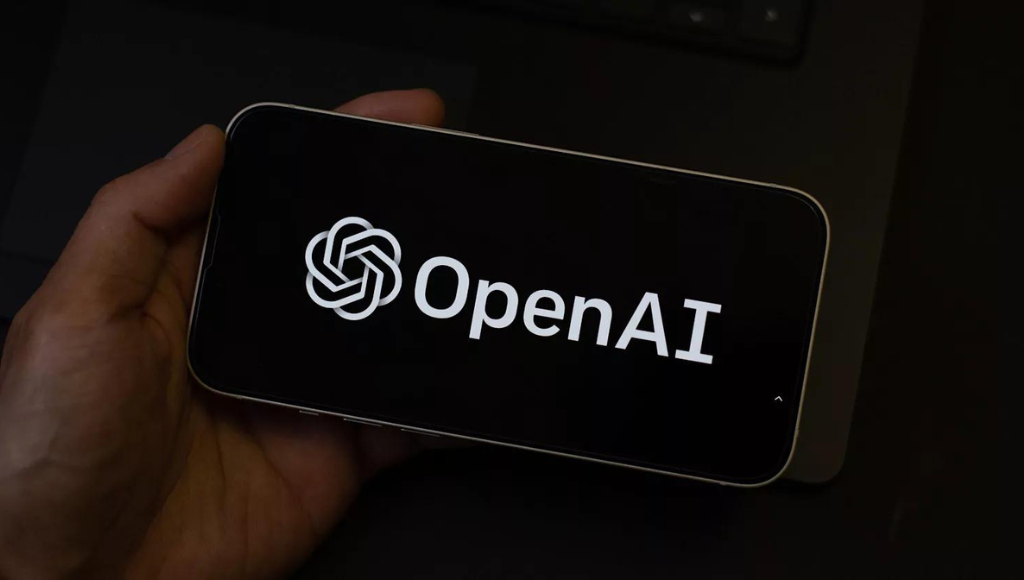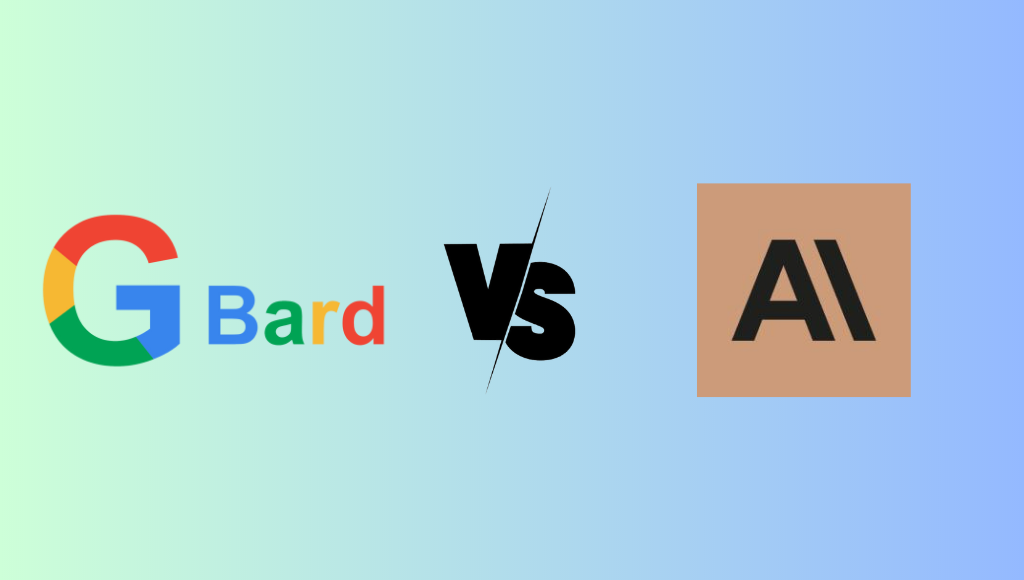OpenAI, the renowned AI company based in the United States, has recently introduced the fine-tuning API designed for GPT-3.5 Turbo. This pivotal development empowers developers with heightened flexibility, enabling them to tailor models to align perfectly with their specific use cases. Through rigorous testing, OpenAI has demonstrated that these fine-tuned iterations of GPT-3.5 Turbo are capable of outperforming the foundational capabilities of GPT-4 in select tasks.
In an exciting prospect for the upcoming fall, OpenAI has announced plans to extend this customization capability to GPT-4. Significantly, the company has emphasized that developers will enjoy complete ownership of their data, with neither OpenAI nor any other entity retaining any claims.
The debut of gpt-3.5-turbo transpired in March of this year, unveiling a family of ChatGPT models meticulously crafted for diverse non-chat applications. Remarkably, these models are priced at an astonishingly economical rate of $0.002 per 1,000 tokens, signifying a cost reduction of tenfold compared to GPT-3.5 models.
This innovative stride offers developers the potential to finely calibrate models in alignment with their unique requisites. Distinct from a mere update, the process of fine-tuning in large language models (LLMs) and machine learning involves the refinement of a pre-trained model to execute specific tasks proficiently, even on a large scale. By harnessing the existing training data of the model, developers are equipped to apply it judiciously to their chosen domain or task, reaping enhanced outcomes.
OpenAI underscores that the potency of fine-tuning is magnified when synergized with other techniques such as prompt engineering, information retrieval, and function calling.
Consider a scenario where a company seeks a multilingual chatbot service proficient in English and Spanish interactions. In this instance, they can harness a model already proficient in responding to prompts in English and then fine-tune it to aptly address prompts in Spanish.
The applications extend across multiple domains, encompassing bespoke copywriting for advertising, personalized customer service, code generation, and focused text summarization.
OpenAI highlights that since the launch of GPT-3.5 Turbo, developers and enterprises have expressed a fervent desire to customize the model to sculpt unique and distinct user experiences. Furthermore, fine-tuning GPT-3.5 Turbo has yielded significant benefits for businesses, enabling them to trim prompt sizes by up to 90 percent while upholding performance standards. This not only expedites API calls but also reduces costs.
A user’s testimonial underscores this efficacy. The utilization of a finely tuned GPT 3.5 Turbo, although costing eight times more than the base model (GPT 3.5), is deemed cost-effective for developers who align with the “reduce prompt size by 90 percent” strategy delineated by OpenAI.
OpenAI has also revealed that fine-tuning using GPT-3.5-Turbo accommodates models of up to 4,000 tokens—twice the capacity of previous fine-tuned models. The pricing structure for GPT-3.5-Turbo stands at $0.0080 per 1,000 tokens for training, $0.0120 per 1,000 tokens for input usage, and $0.0120 per 1,000 tokens for output usage.
For those inclined towards further exploration, OpenAI offers additional models available for fine-tuning, such as babbage-002 and davinci-002, with corresponding pricing information accessible here.
For comprehensive insights into the fine-tuning process of GPT-3.5-Turbo, OpenAI’s comprehensive help guides can be accessed here.






